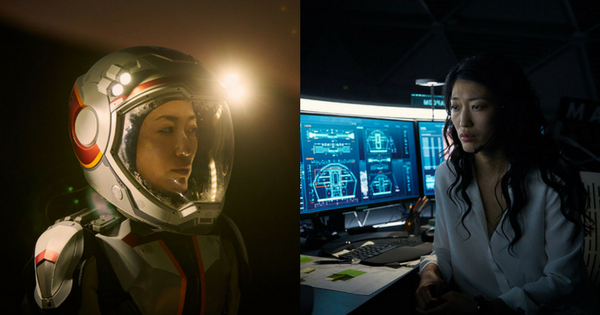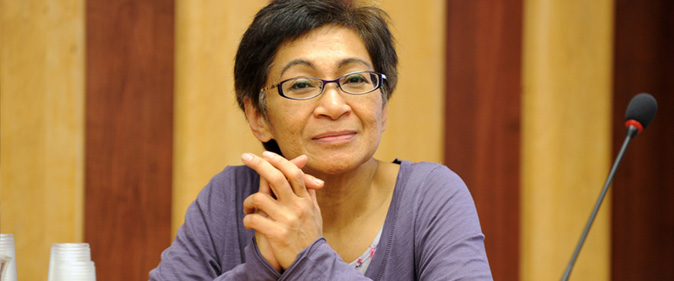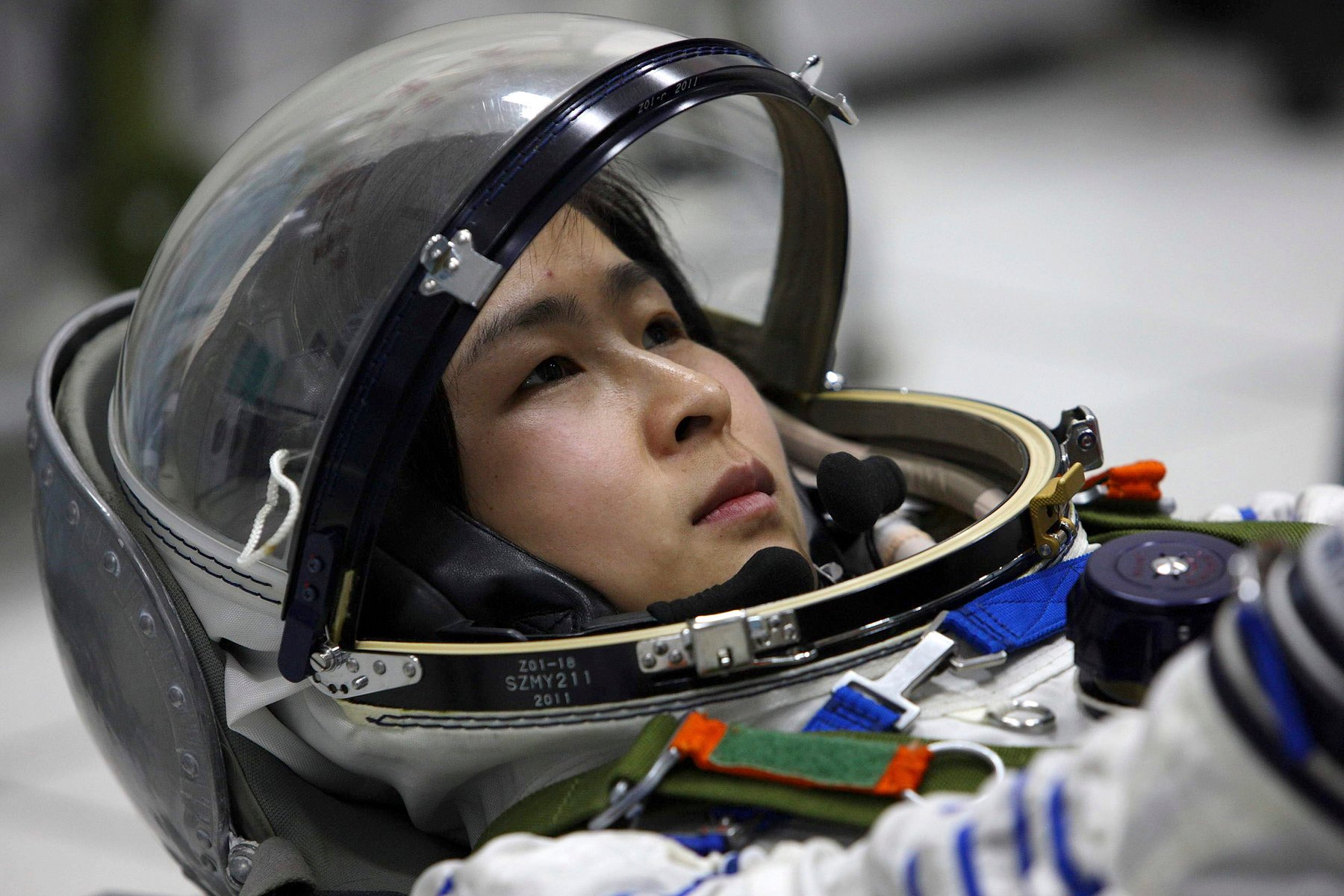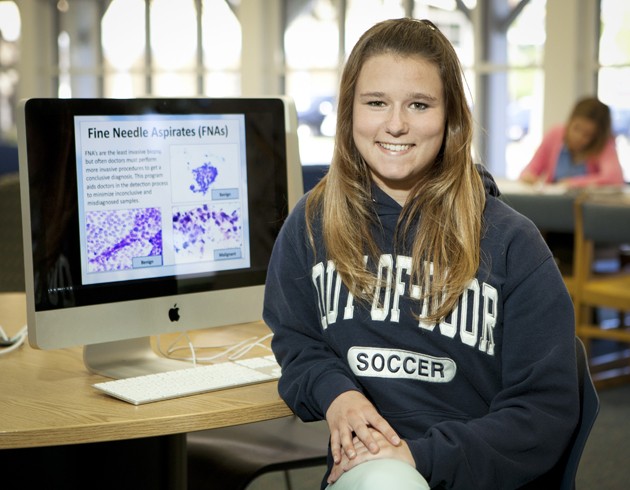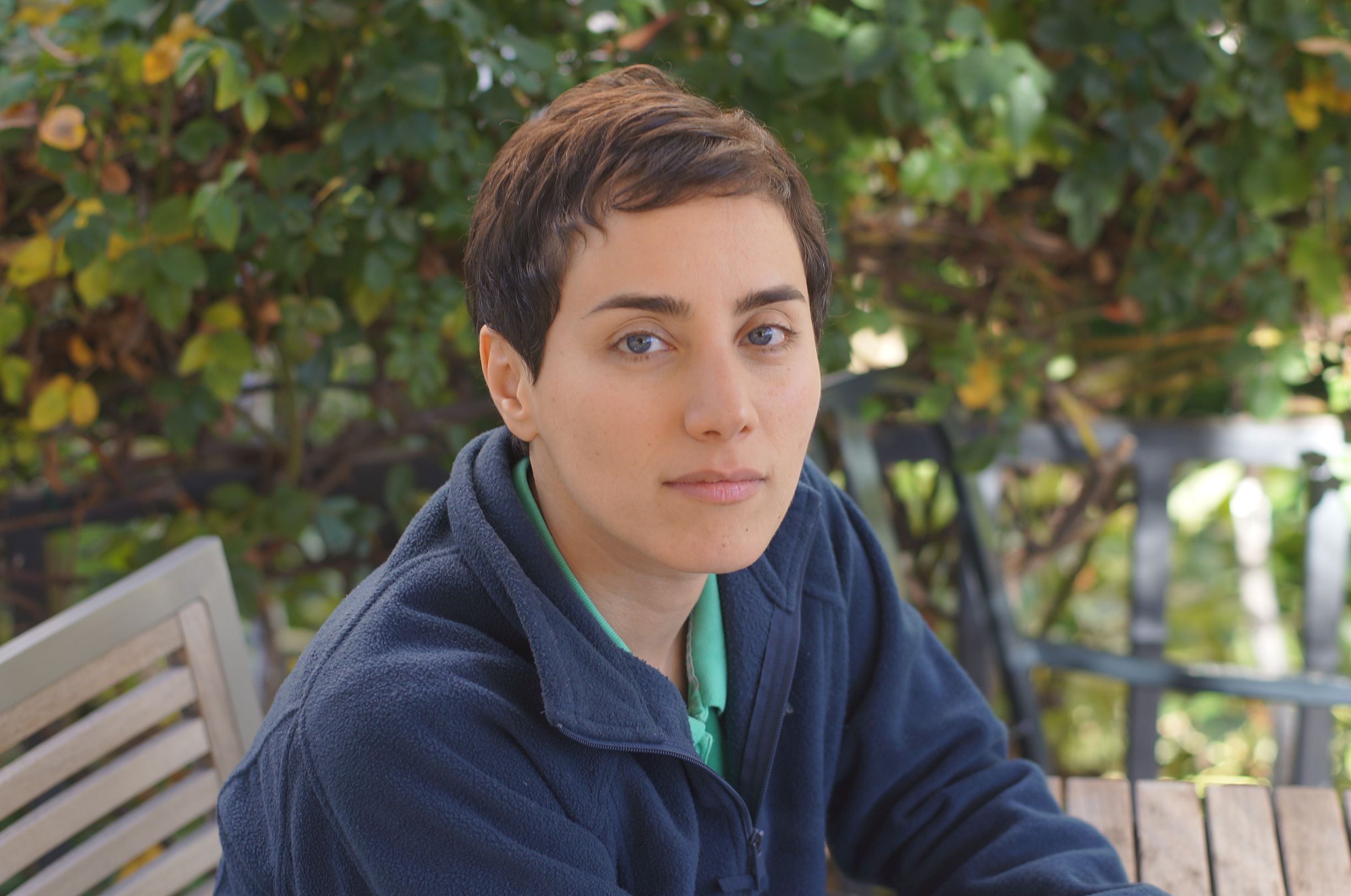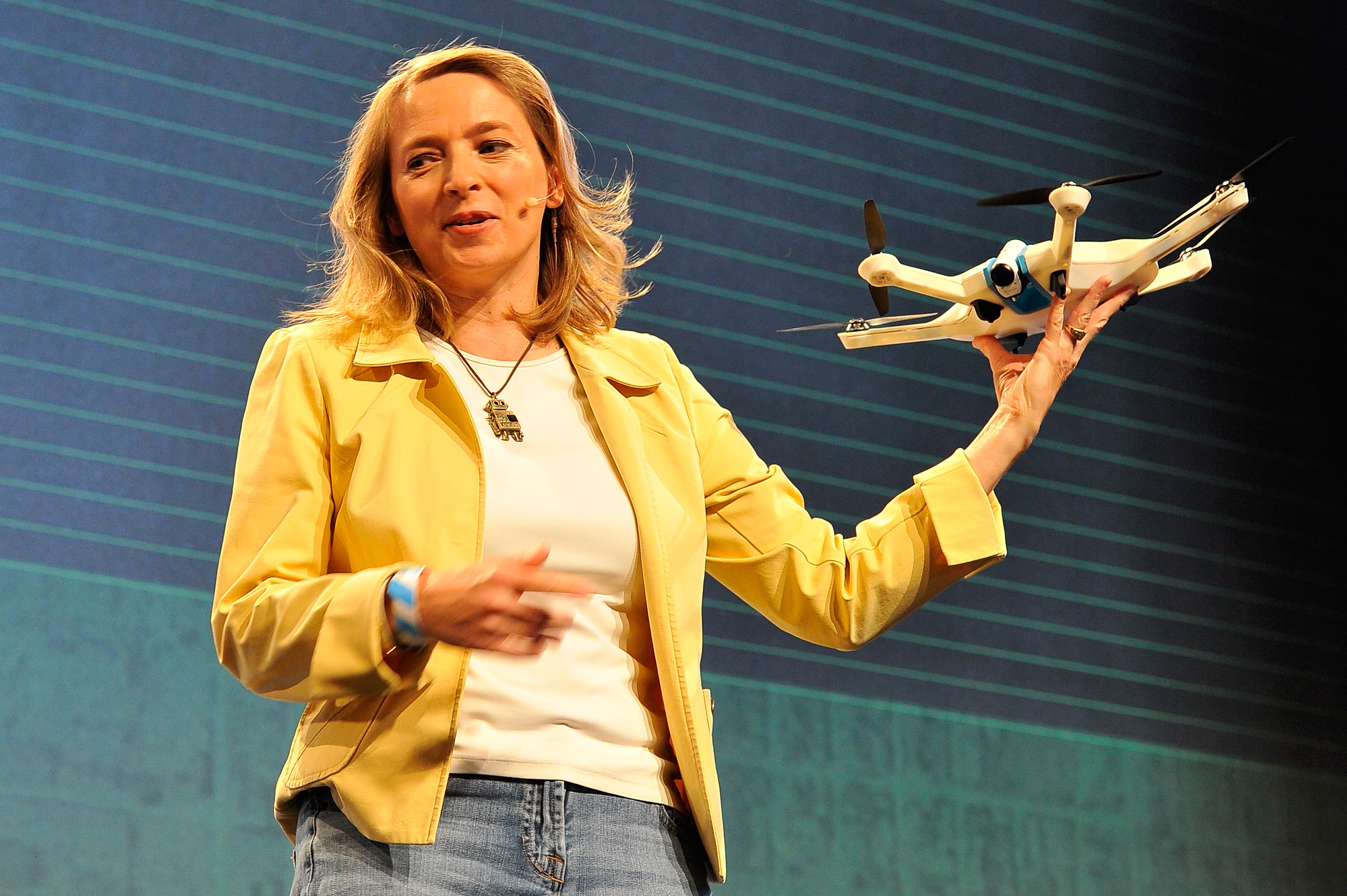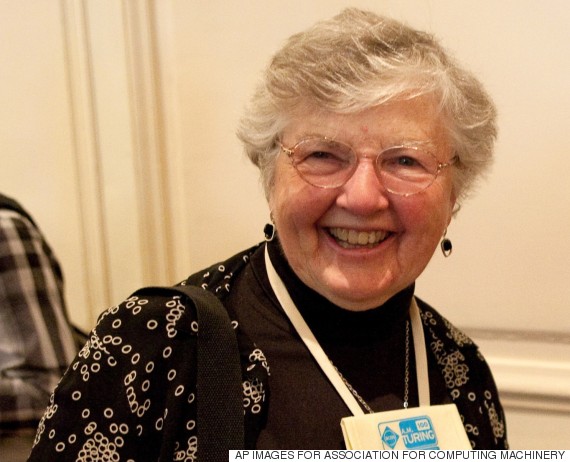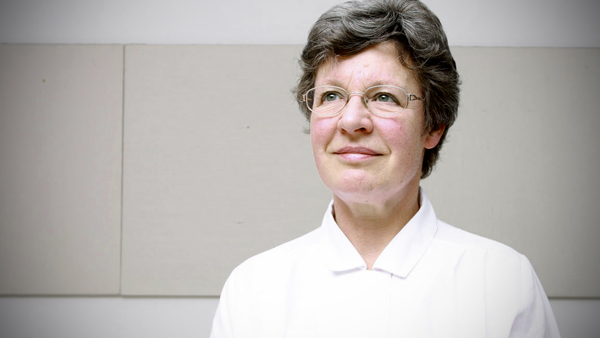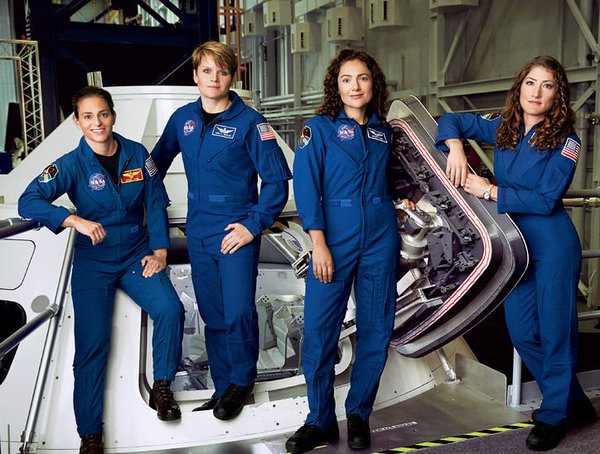The Astronauts Training For Mars And 8 Other Badass Women In Male-Dominated Industries
Breaking the glass ceiling for girls all over the world!
National Geographic's new groundbreaking miniseries 'Mars' is showcasing kickass female scientists in the traditionally male-dominated field
Studies have found that women are lacking in the STEM field of science, technology, engineering, and mathematics, making up less than 20% of graduates in bachelor degrees.
Researchers have questioned why women are so underrepresented in these industries, and have found that the vast gender gaps in maths and science are caused as early as school days, where girls are systematically teased for their interest in the subjects and subsequently pressured and discouraged from continuing :(
There are also a host of other reasons women are not given equal opportunities as their male counterparts in these fields.
The Ron Howard and Brian Grazer-produced miniseries, 'Mars,' is subtly tackling these issues and more through the epic tale of the first manned mission to the red planet, while featuring four amazing female scientists.
Actress and singer JiHAE plays two awesome women on the show - twin sisters Hana and Joon. Hana is second-in-command on board the Daedalus, making its maiden journey to Mars, while Joon represents the Mars Mission Corporation and remains at mission control on Earth.
Hana and Joon's space experiences are presented parallel to the true story of twin brothers Scott and Mark Kelly. The brothers supported NASA's first year-long mission on the International Space Station, with Scott in orbit and Mark remaining in ground control.
'Before Mars' reveals the backstory of the twin sisters as teens, giving us an inside look at the obstacles and struggles girls regularly face as they venture into the world of science.
Meanwhile, check out these real-life badass women who are making a difference in the male-dominated world of science, technology, engineering, and mathematics:
1. Professor Emeritus Datuk Dr Mazlan Othman, Malaysia's first astrophysicist
Born in Seremban, Dr Mazlan Othman is the first woman to earn a PhD in physics at the University of Otago in New Zealand. Since then she worked in Malaysia as the nation's first astrophysicist.
Following her appointment as Director of the United Nations Office for Outer Space Affairs in Vienna in 1999, she returned to Malaysia in 2002 to serve for five years as the founding Director General of Angkasa, the Malaysian National Space Agency. Her work led to the launch of the first Malaysian astronaut, Sheikh Muszaphar Shukor.
2. Liu Yang became the first Chinese woman in space in 2012
Liu Yang joined the People's Liberation Army Air Force in 1997, became the deputy head of a flight unit, and held the rank of Major. A veteran pilot, she went on to excel in astronaut training.
Liu was subsequently selected for the crew of Shenzhou 9, the first manned mission to the Chinese space station Tiangong 1. During the space mission, Liu performed experiments in space medicine.
3. At the age of 17, computer whiz Brittany Wenger designed an "artificial brain" to detect signs of breast cancer
Brittany Wenger created an artificial "brain" to assess signs of breast cancer after her cousin was diagnosed with the disease. At only 17 years old, she developed a computer program coded to process data and detect patterns to accurately assess tissue samples for signs of breast cancer :O
Wenger took home first prize at the 2012 Google Science Fair for her work. The breast cancer test, which now has its own app, is in beta tests with two cancer research centres. She's still only 22 years old and we can't wait to see what else she'll create for the world!
4. Maryam Mirzakhani is the first woman to win the Fields Medal, often referred to as the “Nobel Prize of math”
Born in Iran, Maryam Mirzakhani grew up in a culture where boys and girls attended separate schools up until university. As a teenager, she demanded that the principal of her school arrange for maths problem-solving classes similar to what was taught at high schools for boys. At the age of 17, Mirzakhani made the Iranian maths Olympiad team became the first Iranian girl to earn a gold medal.
Since then she has built herself a reputation among mathematicians as being the most persistent in tackling the hardest questions in her field. In 2014, she became the first woman to win the Fields Medal, the most prestigious prize in mathematics.
5. Helen Greiner, the co-founder of iRobot
In 1990, Helen Greiner co-founded iRobot, a company that delivers robots into the industrial, consumer, and military markets. She released Roomba, the little robot vacuum that cleans your house for you, as well as PackBot and SUGV which were created for military purposes.
Greiner says she was inspired to get into robotics when she first saw R2-D2 in Star Wars at the age of 12. (Let's hope she builds him in real life too!)
6. Malaysian Professor Dr Muzlifah Haniffa is awarded with a prestigious Fellowship to find new treatments for cancer
Penang-born scientist, Professor Dr Muzlifah Haniffa, was awarded the prestigious Lister Institute Research Prize Fellowship in May for her research on the immune system.
As part of the fellowship, she receives £200,000 (RM1.09mil), which will go into her research with the aim of finding new treatments for cancer as well as improving existing vaccination strategies.
7. In 2006, Dr. Frances Allen became the first woman to win the A.M. Turing Award, often referred to as the “Nobel Prize of Computing”
Dr. Frances Allen was raised on a dairy farm in a house that didn't have electricity or plumbing. Despite her simple rural upbringing, she proved to be outstanding in mathematics and went on to complete her master's degree in the subject.
Recruited by IBM, Allen taught skeptical programmers in the company a new high-level coding language called Fortran that revolutionised computer programming. A pioneer in her field, Dr. Allen is the first female IBM Fellow and in 2006 became the first woman to win the Turing Award.
8. Irish astrophysicist Dr. Jocelyn Bell Burnell served as the first female president of the Institute of Physics
Despite her keen interest in astronomy growing up, Burnell was not allowed to study science at Lurgan College in Northern Ireland where she attended. The school's policy forbid girls to take up science, and instead included subjects such as cooking and cross-stitching. Her parents, along with others, protested the policy to have it changed.
Dr. Jocelyn Bell Burnell would go on to serve as the first female president of the Institute of Physics, a non-profit organization with a membership of over 50,000 scientists, and win multiple awards for her work as an astrophysicist.
9. The four women being trained to go to Mars
From left to right: Nicole Aunapu Mann, Anne McClain, Jessica Meir, and Christina Hammock Koch
Image via NASA/TwitterIn 2013, eight people became NASA's newest class of astronauts. Known as the "Eight Balls," this is the first time NASA has had a class with a 1:1 ratio of men to women. On top of that, members of the class are likely to be selected for a journey to Mars!
Here are the female astronauts who may be the first to step foot on the red planet:
- Anne McClain has flown attack helicopters on the front lines of Iraq and is an aerospace engineer.
- Nicole Aunapu Mann served multiple tours in Iraq flying fighter jets with the Marine Corps.
- Christina Hammock Koch spent a year in the South Pole supercooling telescopes with 10,000 gallons of liquid helium.
- Jessica Meir has a PhD in marine biology and experience diving under several feet of ice in Antarctica.
More and more women are making waves in the traditionally male-dominated fields of STEM, and we can't get enough of the badass twin sisters featured in the new web show 'Before Mars'
The show follows the stories of Hana and Joon as they discover their love for space exploration. Inspiring and powerful, we see the girls navigate their teen lives feeling awkward and ostracized for being both culturally different, and for being more interested in subjects labelled as "geeky," "uncool" and "for boys only."
Watch them break the stereotype of women in STEM here.
